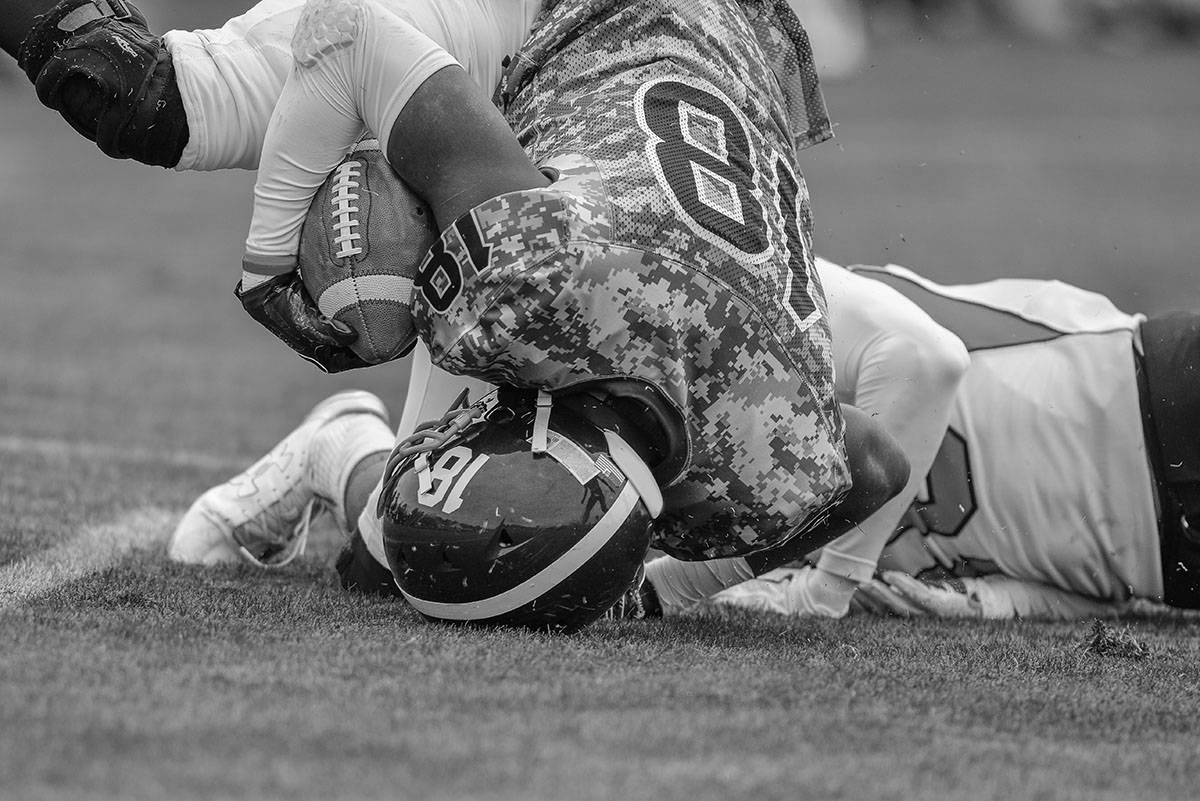Concussion
What is a Concussion?
Concussion is a transient disturbance of brain function resulting from a blow to the head or face or a blow elsewhere with forces transmitted to the head. With a concussion, there is rapid onset of short-lived loss of consciousness or confusion. There is no structural brain injury, the brain cells are simply not functioning appropriately.
Between 2% and 15% of athletes participating in organized sports will suffer a concussion during a single season. Symptoms can be variable, ranging from amnesia, headache, irritability, or inability to concentrate.
Do I need an MRI?
Concussion is a clinical diagnosis, made through a combination of history and physical exam by your Athletic Trainer and/or Physician. A neurologic exam is done to rule out more serious problems–if there is concern for this the athlete is immediately sent to the hospital and testing for more serious, non-concussion problems would be performed. However, this is often unnecessary for a routine concussion and imaging and blood tests are normal in a concussion.
How does a Concussion heal?
An athlete is not permitted to return to sport the same day as a diagnosed concussion due to a concern for more serious injury with repeated blow after concussion. Treatment involves a combination of physical and mental rest until symptoms resolve, followed by a step-wise return-to-play protocol. The majority of concussions resolve within 7-10 days but recovery and outcomes are individualized.
Consensus guidelines recommend 24 to 48 hours of mental and physical rest followed by a gradual increase in activity, staying below symptom-producing thresholds. “Return to learn” is the process of transitioning back to the classroom after a concussion through the use of individualized academic adjustments, as concussions can induce changes that may temporarily make learning difficult. School personnel should be informed of the injury and implement an initial school support plan.


